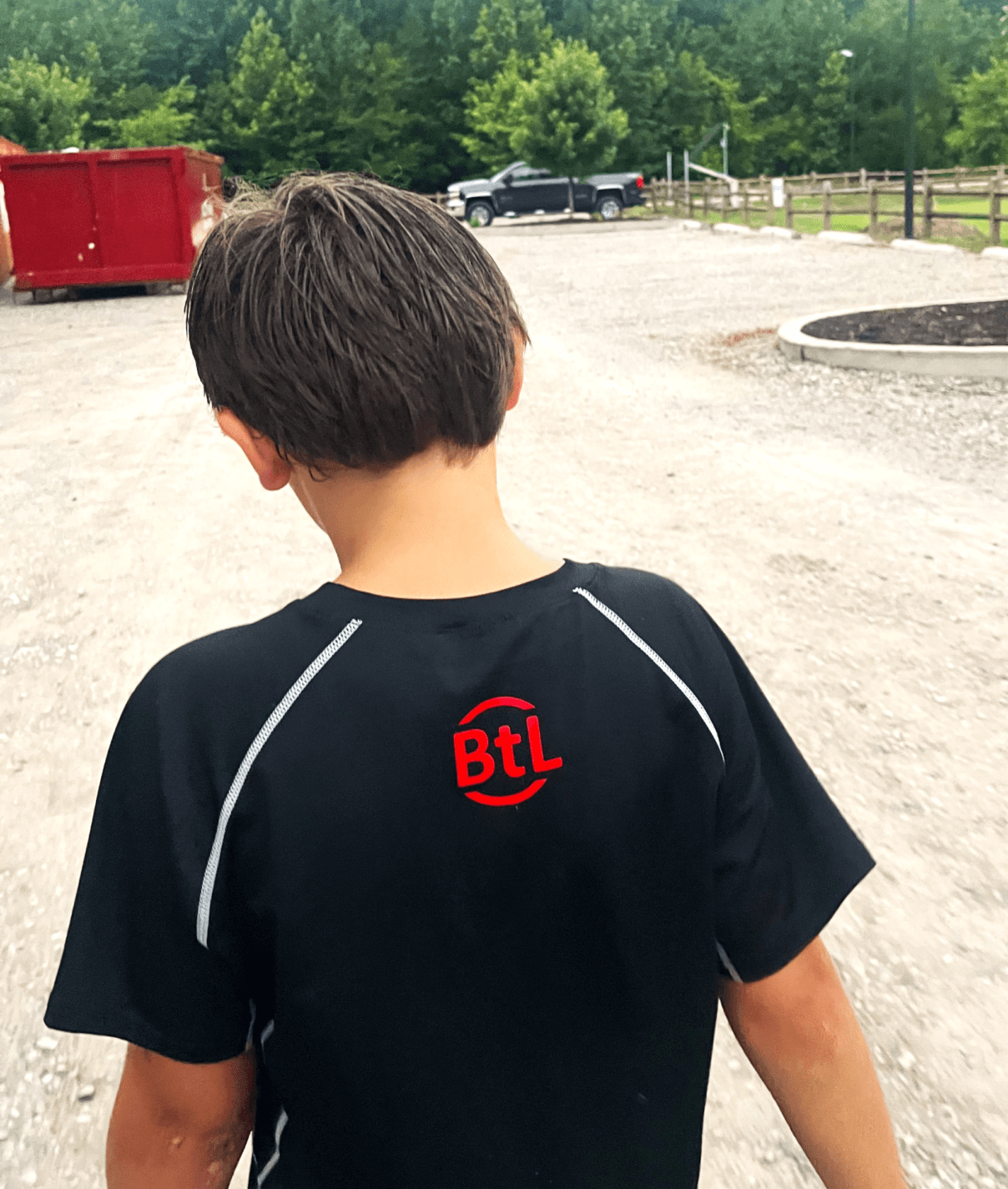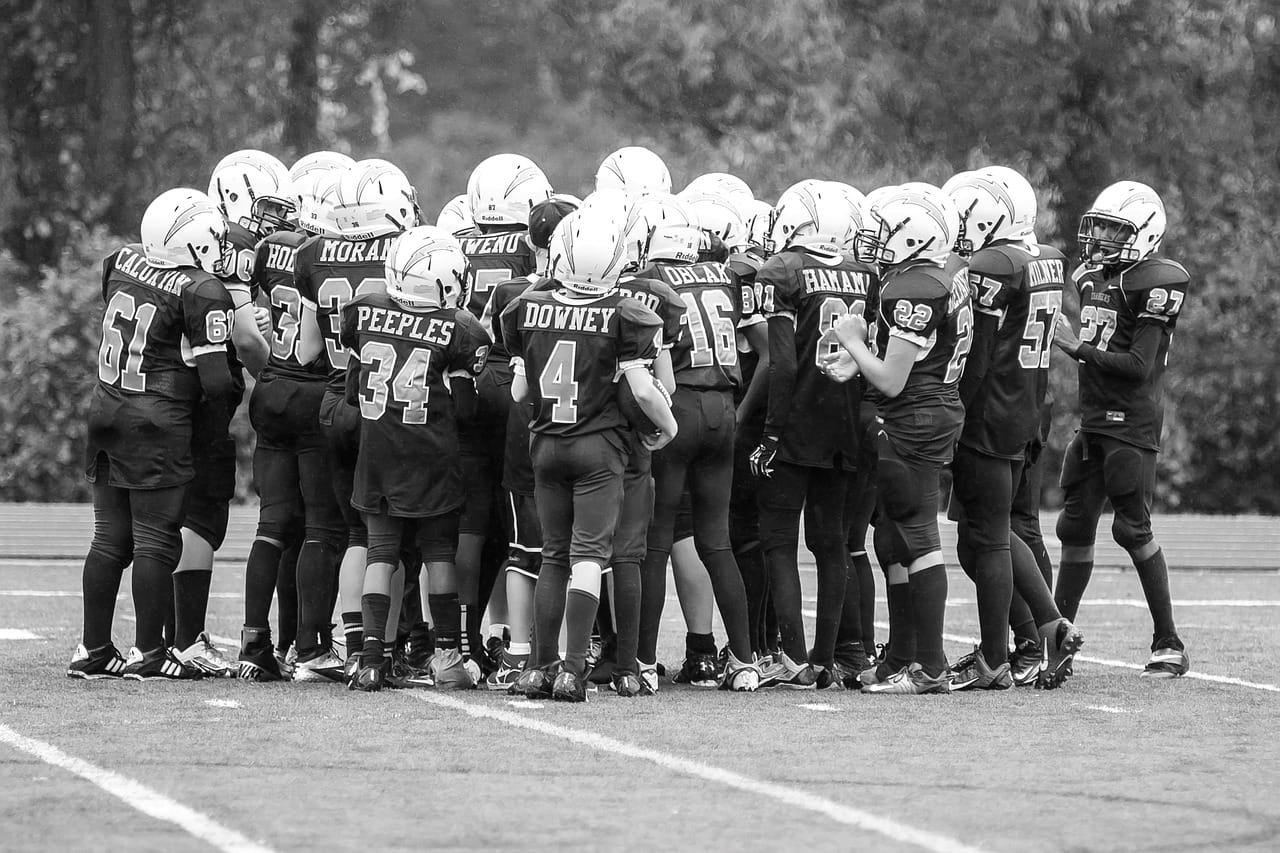
If you’re serious about a sport or activity, you’re likely always thinking about the next steps to take to achieve your athletic goals. The off season is the perfect time of year for reflecting on your performance, assessing your progress, and planning your next moves. However, this process isn’t always as easy as it sounds. It’s crucial to have someone you trust to help you navigate these steps. Remember: the off-season is where champions are made!
If you’re new to setting athletic goals or mentoring young athletes, this guide will provide actionable insights to get started.
Step 1: Be Honest to Achieve Your Athletic Goals
Honesty is the foundation of growth. Athletes must evaluate where they stand in relation to their goals and their sport. This self-assessment isn’t just about personal reflection; it’s equally important to have input from a trusted mentor, whether it’s a coach, parent, sibling, or knowledgeable adult.
Why Honesty Matters:
Having an accurate perception of your abilities, strengths, and weaknesses is essential. While the truth may be hard to hear at times, it’s necessary for improvement. Feedback should be constructive—not destructive. Instead of saying, “You’ll never be good enough,” a trusted mentor should frame feedback in a way that helps the athlete grow: “Here’s what you’re doing well, and here’s what we can improve together.”
Step 2: Drill Your Weaknesses
Once you’ve identified areas for improvement, the next step is to create a plan to address them. Work with your coach or mentor to develop targeted drills or seek out reputable online training resources. Always ensure the information and guidance you’re following is reliable and tailored to your needs.
Categorize Your Weaknesses:
- Weaknesses to Develop:
These are severe weaknesses that require basic development. Your initial goal is to improve them to an adequate level. - Weaknesses to Become Strengths:
Moderate weaknesses have the potential to turn into strengths. To excel as an athlete, it’s essential to transform these areas into assets.
Focus on these categories, and create a training plan that prioritizes growth in both.
Step 3: Perfect Your Strengths
While addressing weaknesses, don’t neglect your strengths. These are the areas where you already excel, and they can set you apart from your competition. Continual improvement in these areas ensures they remain strengths as you advance.
Pro Tip:
If you’re turning weaknesses into strengths but allow existing strengths to deteriorate, you’re not truly advancing. A balanced approach ensures steady progress.
Step 4: Reassess, Refresh and Achieve Your Athletic Goals
Growth is an ongoing process. Periodically reassess your progress and reset your workouts and drills. Introducing new exercises keeps your routine exciting and prevents burnout. Keeping the process fresh and engaging ensures you stay motivated and enjoy the journey.
Remember: Sports should always be fun. Don’t turn the work into a chore. Embrace the process with a positive mindset and make it enjoyable every day. Keep pushing yourself while keeping the joy of the game alive!
By following these steps, you’ll set yourself up for success both on and off the field. The off-season is your time to shine—get to work and enjoy the journey to achieve your athletic goals!
BtL
Subscribe to our email list to get our content direct to your inbox!
Follow us on Facebook, Twitter, Instagram and TikTok
To learn more about Ball to Life and our mission, click here.

